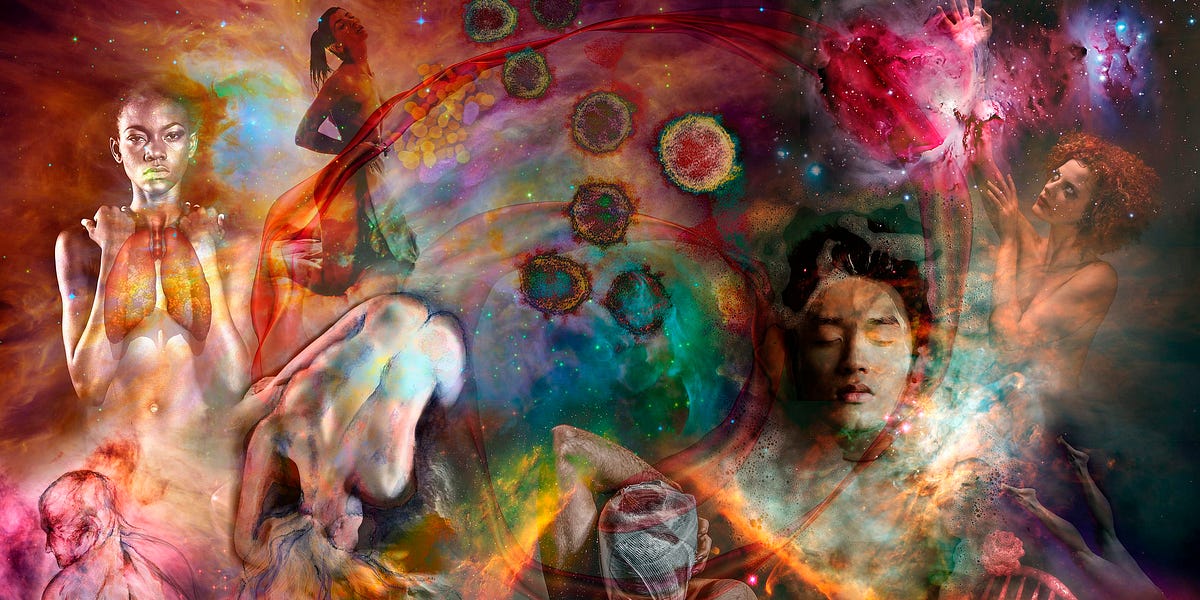
"Since the LLMs trained and sold by tech companies have ingested countless illustrations, photos, and works of art (without the artists' permission), AI products offered by Midjourney, OpenAI, and Google can recreate images and designs tailored to a clients' needs at rates much cheaper than hiring a human artist. The work will necessarily not be original, and as of now it's not legal to copyright AI-generated art,"
"This is why you'll hear artists talk about the "good enough" principle. Creative workers aren't typically worried that AI systems are so good they'll be rendered obsolete as artists, or that AI-generated work will be better than theirs. Their fear is that clients, managers, and even consumers will deem AI art "good enough" as the companies that produce it push down their wages and corrode their ability to earn a living."
After ChatGPT's launch in late 2022, OpenAI repackaged the model for enterprise automation, focusing on business use. Enterprise clients found many AI outputs too unreliable for accuracy-dependent tasks, but acceptable for creative tasks. LLMs and image models trained on unlicensed illustrations and photos enable tools from Midjourney, OpenAI, and Google to recreate tailored images far cheaper than hiring human artists. AI-generated work lacks originality and currently cannot be copyrighted, yet corporations often consider it passable for non-public-facing needs. Artists fear that clients will accept 'good enough' AI outputs, driving down wages and undermining creative livelihoods.
Read at Bloodinthemachine
Unable to calculate read time
Collection
[
|
...
]